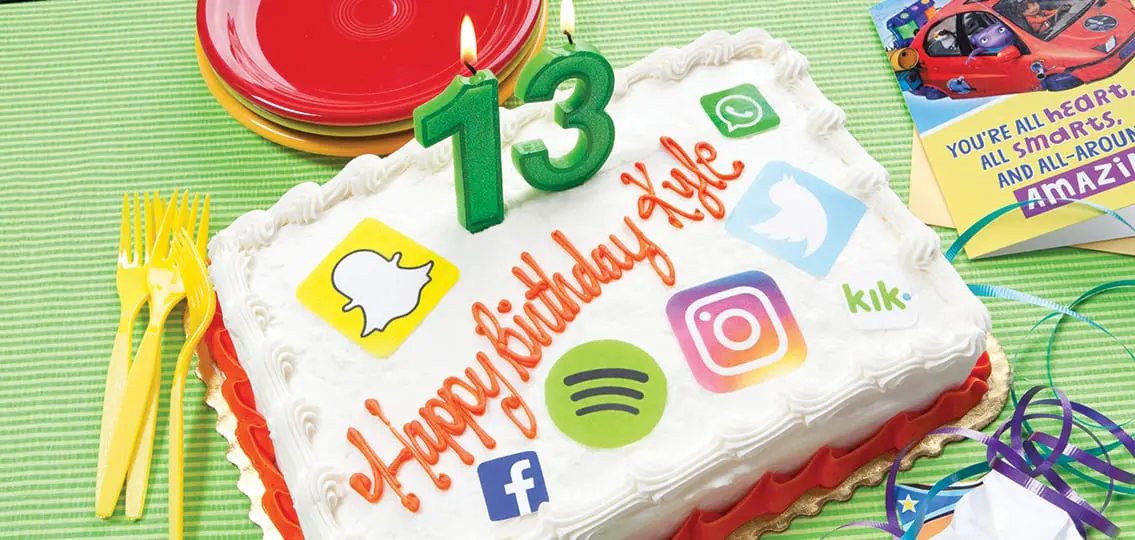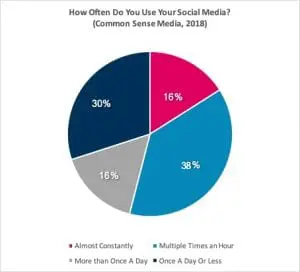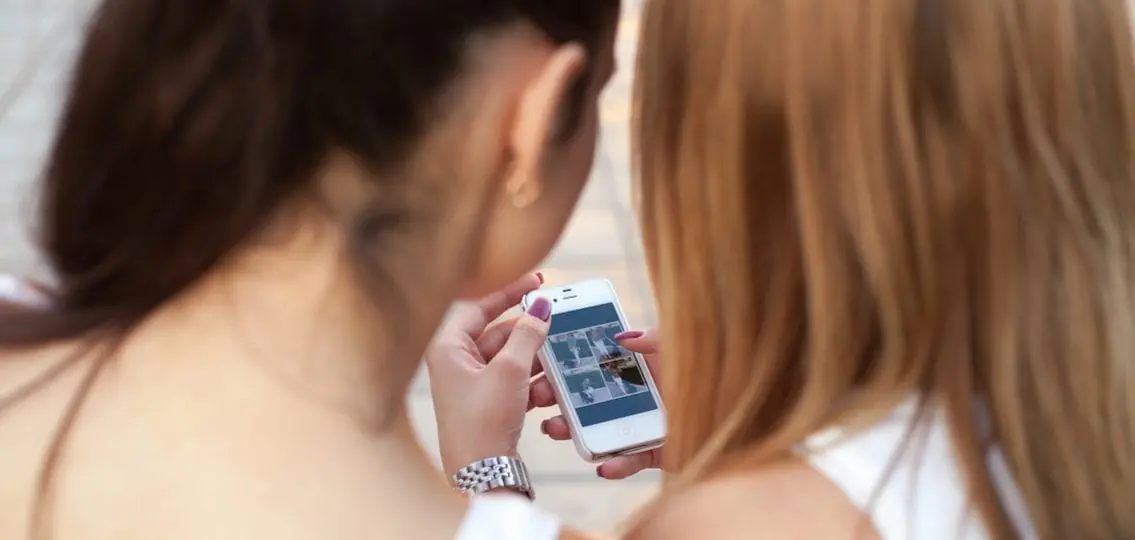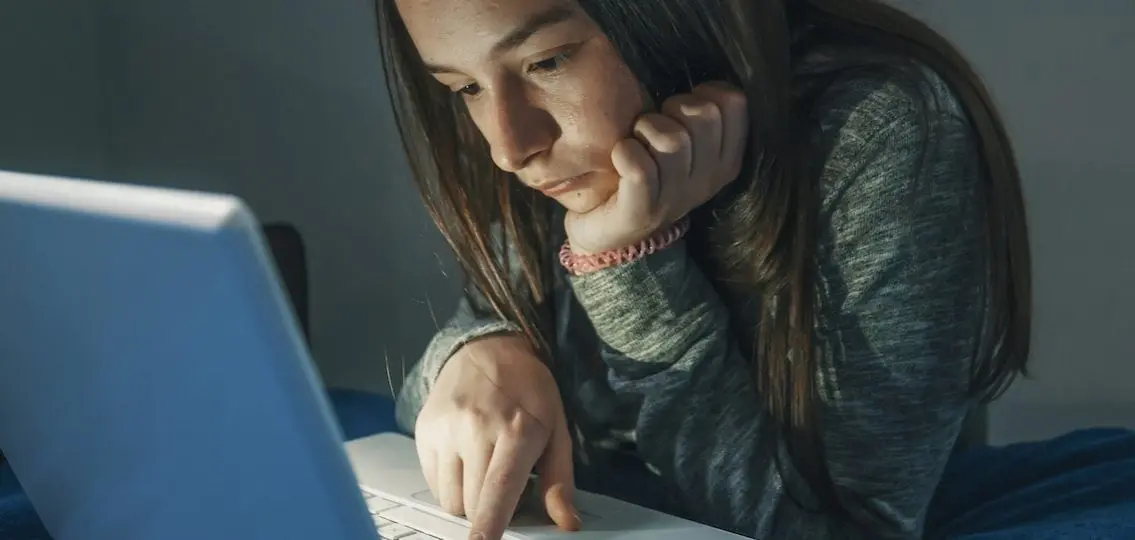New survey results from Common Sense Media shed light on what teens really think—and will admit to—about social media

Yesterday, my son turned 13. Wasting no time, he asked at breakfast, “Can I get Facebook, Instagram, and Snapchat now?”
As my kid clearly knows, teenage life is now synonymous with social media. Just six years ago, Common Sense Media’s survey of teens found that only 34 percent of teens used social media more than once a day. In 2018, that number has skyrocketed to 70 percent. This includes 38 percent saying they use it multiple times per hour, and 16 percent saying they use it “almost constantly.”
Social Media According to Teenagers
Here’s what else parents may want to know about what teens are saying about social media:
Favorite Platforms

Positive Impact
Teens think social media isn’t hurting them. More than half say that social media has no effect on them with respect to feelings of popularity, confidence, self-image, anxiety, depression, or loneliness. Of the minority who think social media has any effect on those feelings, significantly more teens think social media has a positive effect. (For example, three percent of teens say social media makes them feel less depressed. 16 percent, however, say it makes them feel more confident. 81 percent say it has no effect on their confidence.)
There’s More to the Story
Negative thoughts and feeling excluded
Teens with lower social-emotional well-being are more likely to report negative effects from social media use. They’re more likely to say they feel bad about themselves. Specifically, when they don’t get comments or likes. They also feel left out after they see photos of events they weren’t invited to. Parents, take note: Teens with lower social-emotional well-being (as measured by other survey questions) were also more likely to say social media is extremely or very important to them. They are also more likely than teens with higher social-emotional well-being to believe that social media is having a positive effect on them. And this number has increased from 11 to 29 percent from 2012 to 2018.
A preference for texting
Teens prefer texting their friends to seeing them in person. This is a major change from 2012. Then 49 percent preferred face-to-face time with friends over texting (33 percent) and other communication methods. Now, texting comes in first place at 35 percent, while preference for in-person communication has dropped to 32 percent, followed by preferring to see them via social media or video chat.
Time spent on social media
Teens believe that tech companies are manipulating users to spend more time on their devices. 72 percent of teens believe this. Majorities also admit that social media is distracting them from homework (57 percent), friends and family (54 percent), and sleep (29 percent).
Distraction
Teens say that social media is a problem for other teens. 44 percent say they get frustrated with their friends being distracted by phones when they’re together. 68 percent agree that “social media has a negative impact on many people my age.”
Lack of self-regulation
Many teens don’t self-regulate their phone use. 56 percent consistently silence, put away, or turn off their phones for sleep. However, less than half do so for having meals with others (42 percent), visiting family (31 percent), or doing homework (31 percent).
Why Social Media Can Wait
Unlike most teens (89 percent, versus 41 percent in 2012), my own brand-new teenager doesn’t yet have a smartphone. I’m dragging my old-fashioned feet. We’ll wait until his dad and I are sure he’s ready to handle all the pressures and temptations.
We know it’s coming. But until then? We’ll be amping up the in-person time with friends, and we’ll be talking with him about survey results like these.

And, oh yeah—we said yes to Facebook. Instagram and Snapchat can wait.



